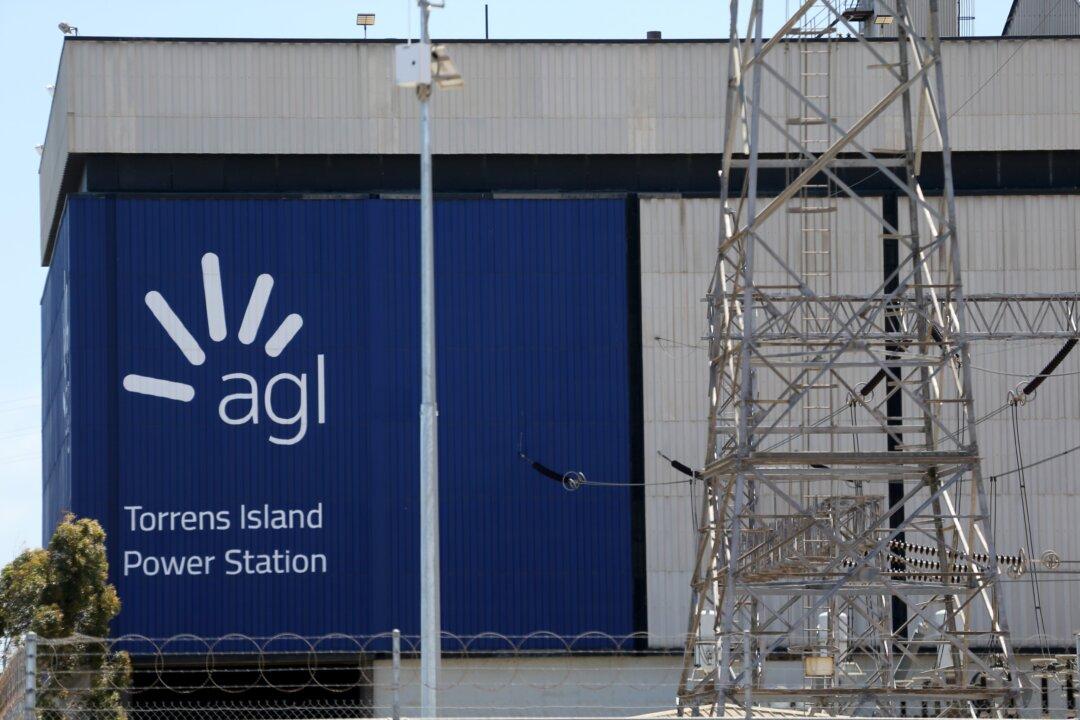A tech investor’s multi-billion dollar takeover bid of one of Australia’s largest coal-fire energy companies has been flatly rejected by the board.
Australian energy firm AGL confirmed that it had received a preliminary and non-binding offer to acquire all the shares in AGL at $7.5 (US$5.38) per share from investment firm Brookfield and tech billionaire Mike Cannon-Brookes— who has pledged over $500 million (US$360 million) in personal funds to fight climate change.





